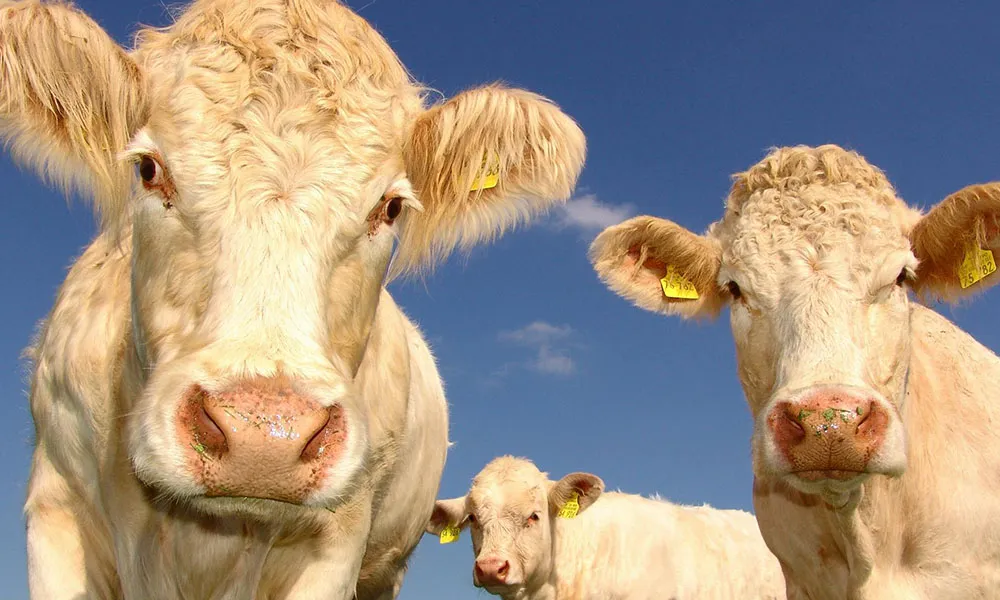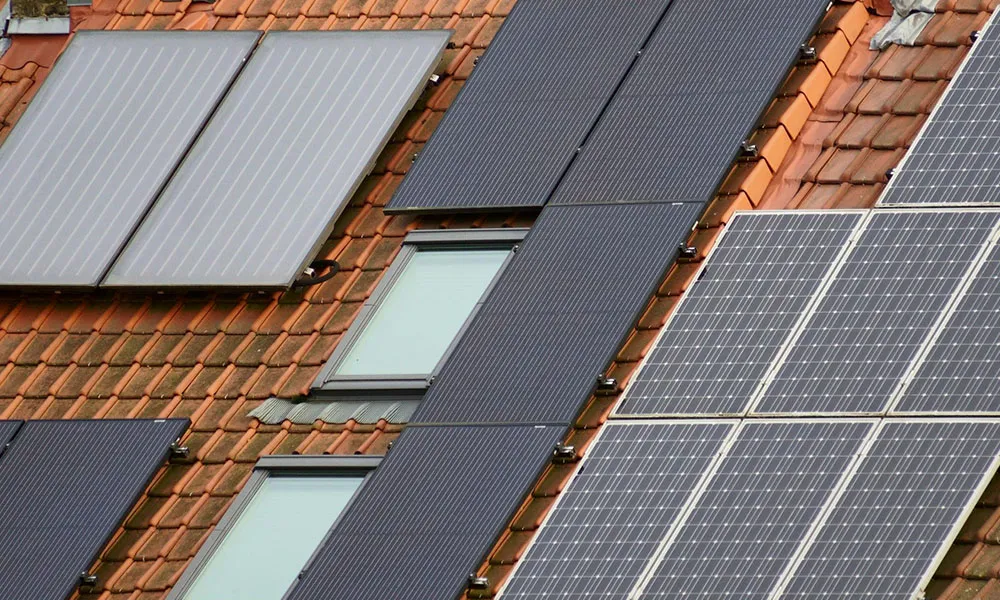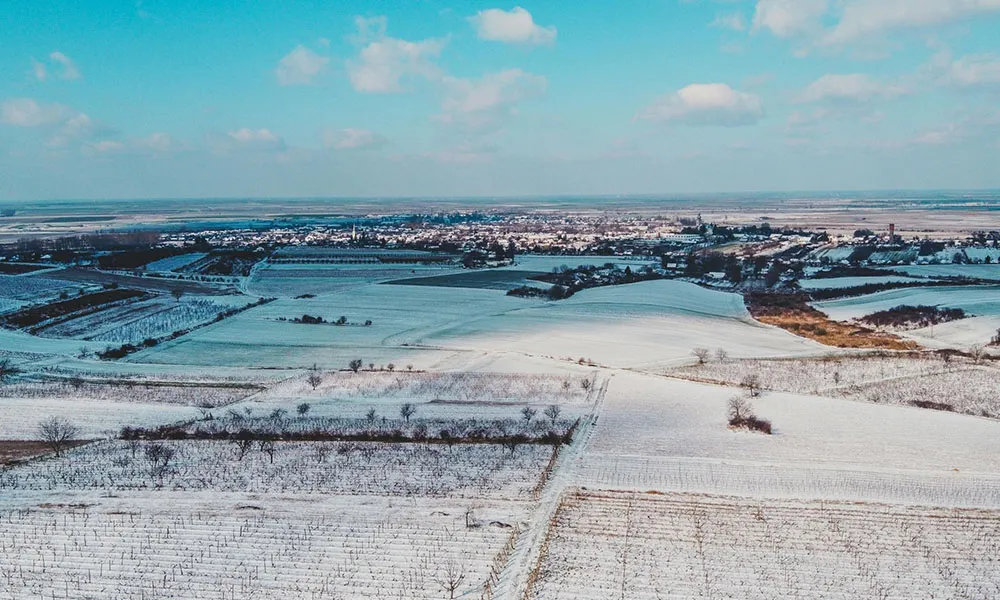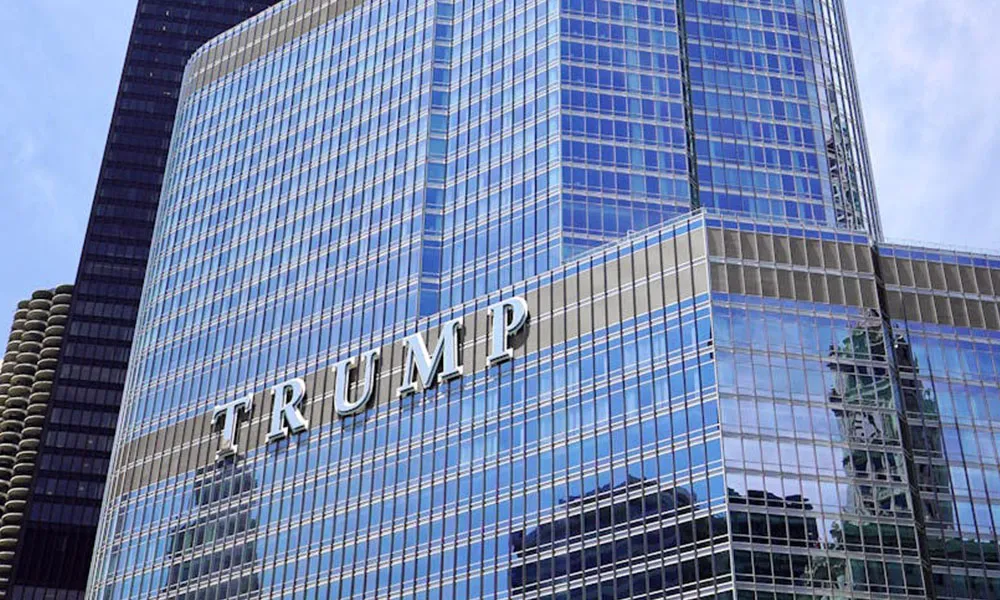
Since the beginning of March, thousands of acres of forest, woodland and moorland have gone up in flames.
Unusually dry weather at the start of May saw a spike in the incidence of wildfires and in one single day, thirty to forty fires were raging across the country.
Coillte, the semi-state company which manages 7% of Ireland’s land cover, said that they suffered the worst damage since 2011.
‘The combined loss of productive timber, together with the cost of replanting the affected areas will result in a multimillion euro bill'. Said Gerard Murphy, Coillte’s Managing Director. He went on to warn that wildlife, farmland and native woodland areas designed for nature conservation had suffered hugely in counties Cavan, Sligo, Donegal and Galway.
Coillte said in a statement that while dry and windy weather has increased the risk of gorse and forest fires, some of the recent blazes have been deliberately sparked by vandals. They highlighted that under the Wildfire Act it's illegal to set fire to growing vegetation between March 1 and August 31st and urged anyone doing so to stop.
The proposed Heritage Bill, which plans to include the month of March into the burning period has been welcomed by The Irish Farmers Association IFA.
Inevitably blame has also been laid at the feet of farmers burning gorse. The media have highlighted gorse burning as a cause of many of the wildfires which went out of control. Gorse is a stubborn plant with thick branches, prickly thorns and vibrant yellow flowers bloom during the spring and summer. Because the plant is so difficult to clear, farmers sometimes burn the land so it can be cleansed and used again.
The (IFA) have vigorously defended the burning of gorse as good farming practise and say that the recent fires may not be due to farmers burning at all. There is no concrete evidence that illegal burning by Irish farmers has fanned the flames of the recent fires, and much of the speculation regarding the fires, is simply that-speculation.
The continuation of wild fires throughout the summer months point to other factors including illegal dumping and littering, where a small piece of glass or metal can heat and ignite the dry landscape.
Minister for Arts, Heritage, Regional, Rural and Gaeltacht Affairs Heather Humphreys said in response to a Dáil question concerning the fire damage. "The main source of wild gorse fires is thought to be the deliberate starting of fires without concern for the consequences." She reminded the public, farmers included, to act responsibly at all times and to be vigilant in preventing fire.
There is no doubt that some irresponsible burning of vegetation may have started the huge spike in wildfires this year, but campfires, careless disposal of cigarettes and vandals must also take the blame. It has to be noted too that farmers are also at the forefront of losses caused by fires.
No one has been prosecuted for setting illegal fires but Gardai are being urged to intervene and set an example. Farmers who burn outside the prescribed times can be fined and stand to lose their one farm payment. This has not been enforced as yet.
The Irish Wildlife Trust released a statement in which they said: “Every year we see the same wildfire wipe-out as hillsides and bogs get torched…. We need to see greater coordination between the Gardaí, the NPWS (Parks and Wildlife) and Department of Agriculture to clamp down on this illegal activity.”
https://www.agriculture.gov.ie/media/migration/forestry/firemanagement/CofPPrescribedBurningFinal90212.pdf










